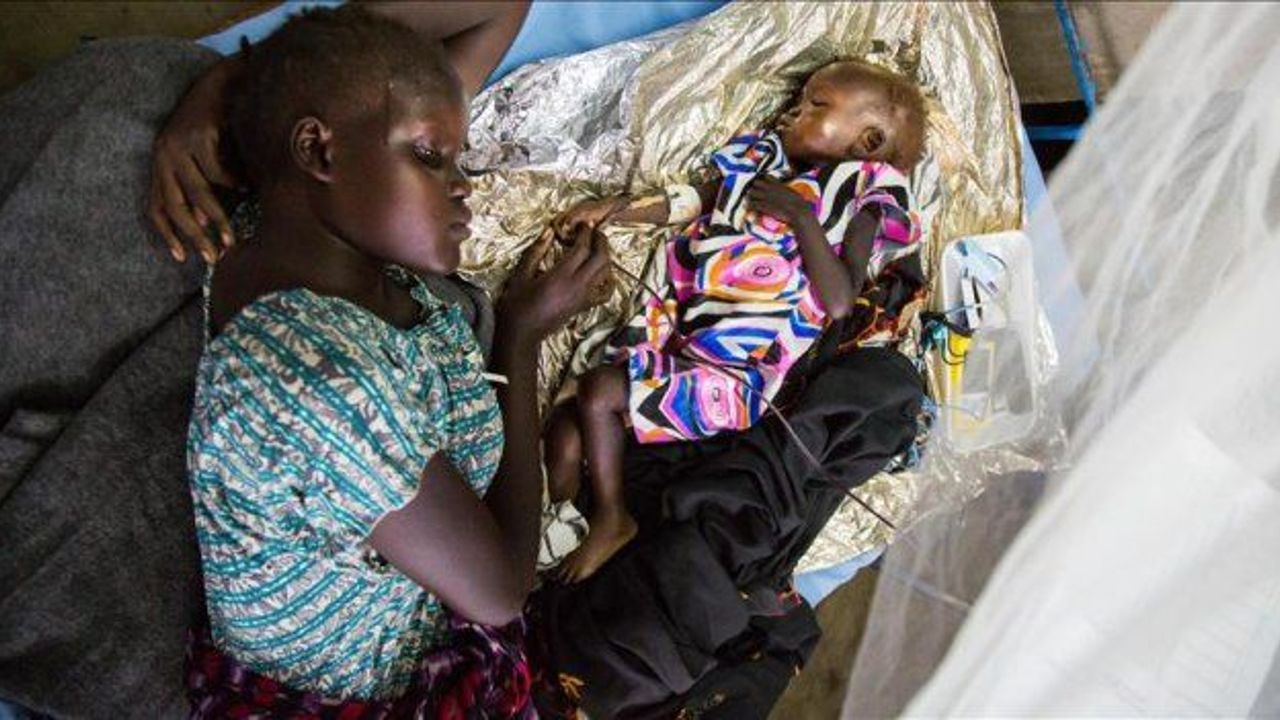South Sudan hospitals run out of vital drugs
War-torn South Sudan's hospitals are facing critical shortages, with institutions prescribing even basic drugs for purchase at private pharmacies, according to health officials.

"The situation at the Juba Teaching Hospital is terrible. We do not have drugs, even basic anti-malaria drugs," the institution's director of pharmaceutical services, Dr. Nathaniel Mogga, told Anadolu Agency on Saturday.
Dr. Mogga said the hospitals lacked essential items like cotton swabs, normal saline solutions plus syringes and antiseptics. This endangers the lives of millions of people, especially impoverished women and children.
"Health services such as surgical and maternity wards will be closed until the hospital receives drugs from the government or donors,” he said.
"This has seriously affected primary health care centers across the country, even including areas less affected by the conflict.
“The ongoing civil war has seen most of the hospital wards closed due to a lack of funds and the withdrawal of health partners in the country reduced funding and donations".
Dr. Mogga added both donors and the health ministry were aware of the shortages, but the government did not have the resources to cope.
Abraham Garang Dau, a storekeeper at Jonglei State-Bor Hospital, said the main store had run out of essential drugs.
"We were getting most of our support from Doctors Without Borders (MSF) but they withdrew their support to the state hospital last month. The state government and national ministry of health do not have the capacity," Garang added.
The cash-strapped government is failing to bankroll the crucial health sector amid a deepening economic crisis.
Dr. Makur Koriom, the undersecretary at the Ministry of Health, said that although the government knew about the drug shortages, it had no cash to address the crisis.
"The government of South Sudan and its partners are aware of the challenges facing the Juba Teaching Hospital and other hospitals. The government has no cash to purchase medicines but we are talking to donors and it will be resolved soon," he said.
South Sudan has been rocked by violence since 2013, when President Salva Kiir fell out with his sacked deputy Riek Machar following a political split within the ruling Sudan People’s Liberation Movement. The power struggle turned violent, mostly along ethnic lines.
The conflict has killed tens of thousands, displaced three million from their homes and left 5.5 million at risk of starvation.
Anadolu Agency







